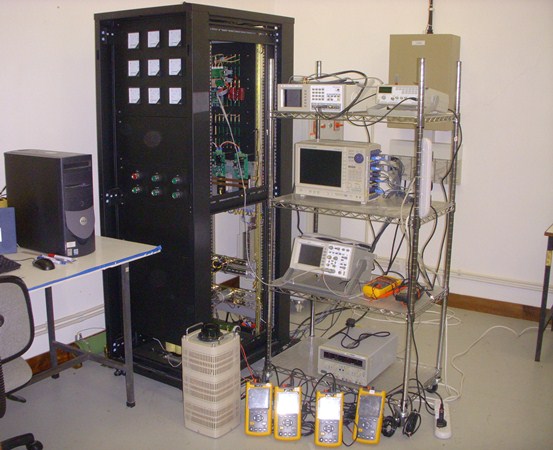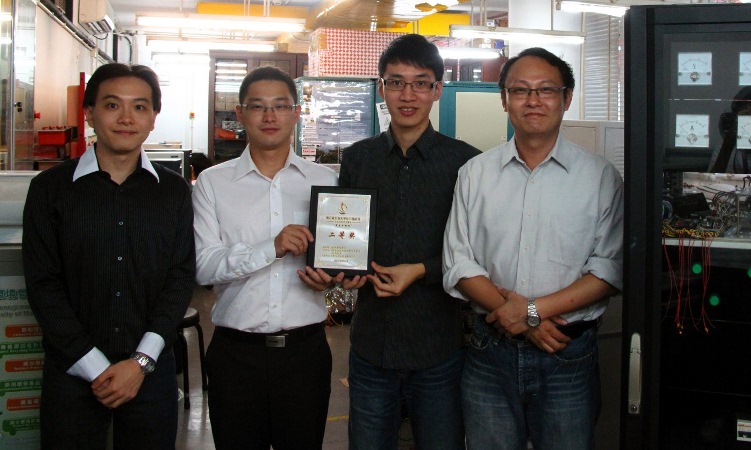University of Macau (UM) students Choi Wai Hei and Cui Xiaoxi won a second prize at the fifth National University Students Social Practice and Science Contest on Energy Saving and Emission Reduction. This year’s contest attracted 2,059 entries from 203 universities across the country, and through a strict evaluation process, including online assessment, expert evaluation, group discussion and recommendation, and expert review meeting, 141, or less than seven percent of the total entries, entered the final round.
The contest was organized by the Department of Higher Education, Ministry of Education, People’s Republic of China, and was co-hosted by Xi’an Jiaotong University and the Steering Committee for Energy and Power Engineering Teaching at Higher Education Institutions. Themed “energy saving, emission reduction and green energy”, the contest aimed to raise university students’ awareness of the importance of energy conservation and emission reduction as well as to foster innovations in science and technology.
Choi Wai Hei and Cui Xiaoxi, from the Department of Electrical and Computer Engineering, Faculty of Science and Technology, won the second prize with their project, “Low-loss Low-cost Hybrid Active Power Filter”, which was developed under the guidance of Prof. Wong Man Chung and Dr. Lam Chi Seng. This power filter combines the merits of traditional passive, active and hybrid filters, and can be applied in three-phase, four-wire distribution power networks. The new circuit and control method proposed by Choi and Cui not only helps to considerably reduce the initial cost, switching loss and noise of the filters, but can also effectively eliminate the harmonic, neutral and reactive currents in the distribution power networks, thus effectively improving the efficiency of transmission and distribution power systems to achieve the purpose of energy saving and emission and loss reduction.
The project has received great support from the Science and Technology Development Fund of Macao SAR and UM’s Research Committee. Last year, relevant research even led to a national invention patent.


